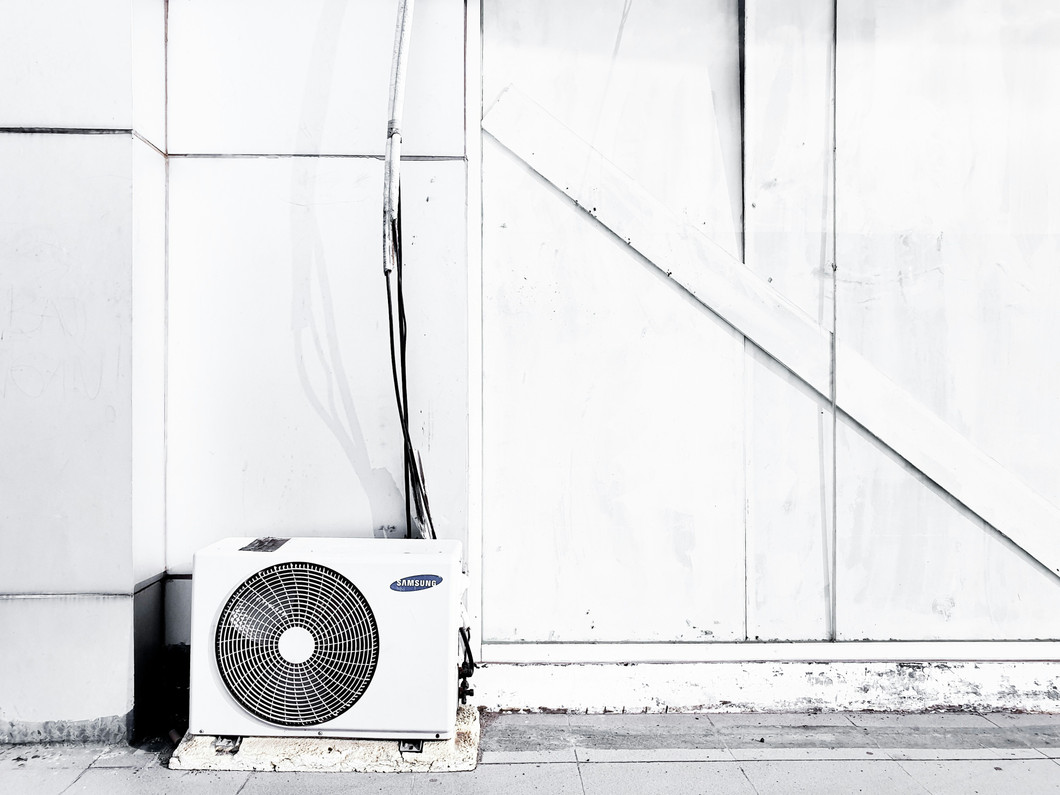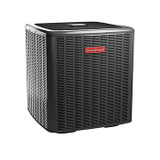How To Fix A Central Air Unit

Understanding how to fix a central air unit can save you time, money, and discomfort. When your air conditioners encounter common issues, the key to a quick and effective solution often lies in basic troubleshooting, routine maintenance, and understanding the functioning of different components such as the evaporator and condenser coils.
Before we dive deeper into the mechanics of your AC unit, let’s introduce Furnace Parts Source. This company stands as your ally in maintaining a reliable and efficient HVAC system. With a comprehensive inventory tailored for diverse work environments, Furnace Parts Source ensures you have access to the parts you need, when you need them. Understanding air conditioning systems is crucial for troubleshooting and maintenance, ensuring proper cooling efficiency and functionality.
Recognizing Common Air Conditioning System Issues
Identifying what’s wrong with your air conditioning unit is the first step in the repair process. Here, we focus on common issues related to the entire air conditioning unit, such as restricted airflow, clogging, a dirty filter, evaporator coils, and the possibility of the unit being too small for the size of the home, and provide you with strategic insights to tackle them effectively.
Recognizing a Dirty Air Filter
One of the most frequent culprits of HVAC inefficiency is a dirty central air conditioner filter. A clogged filter restricts airflow, forcing your air conditioner to work harder, which can lead to increased energy bills and reduced equipment life expectancy. Regularly checking and replacing your air filter can prevent these issues and keep your AC unit running smoothly. This simple maintenance task ensures that cold air continues to circulate effectively throughout your premises.
Faulty Thermostat
Another common issue is a malfunctioning thermostat. This small device plays a crucial role in the operation of your air conditioning system, regulating both the blowing hot air and cold air production. If your thermostat is not calibrated correctly or fails to communicate with your AC unit, it can lead to significant comfort issues. Verify the settings and batteries, and consider upgrading to a smart thermostat for better accuracy and efficiency.
Issues with Frozen Evaporator Coils
When your evaporator coil freezes, it’s a clear sign that something is amiss. Typically, this happens due to insufficient airflow from outside units, a dirty air filter, or low refrigerant levels. Thawing the coil is part of the solution, but addressing the root cause is essential to prevent future freezes. Ensure that the airflow to your coil is unobstructed and consider having a professional check your refrigerant levels if the problem persists.
Leaking Ducts
Leaking ducts can significantly undermine your air conditioning system’s efficiency. They allow cold air to escape into unconditioned spaces, which makes your central AC unit to work harder and increases your energy costs. Inspecting ductwork for tears, holes, and disconnections is crucial. Sealing these leaks can drastically improve the performance of your central air system.
By recognizing and addressing these common air conditioner problems now, you can enhance the performance of your air conditioning system, reduce energy costs, and extend the lifespan of your equipment.
Inadequate Maintenance
Regular maintenance is vital for keeping your central air system in optimal condition. Neglecting this can lead to a buildup of dirt and debris, which can cause the system to underperform or fail prematurely. Scheduling professional maintenance annually ensures that all components that blow cold air through, including the air filter, evaporator coil, and condenser unit, are thoroughly inspected and cleaned. This proactive approach not only improves efficiency but also identifies potential issues before they become costly repairs.
Refrigerant Leaks
A central air system relies on refrigerant to move cool air into your space efficiently. If there is a refrigerant leak, it can cause your system to produce less cold air and increase operation costs due to inefficiency. Recognizing signs of a refrigerant leak, such as ice on the compressor or unusually high electricity bills, is crucial. Handling refrigerants involves specific environmental and safety regulations, so this repair typically requires a certified professional.
Electrical Issues
Electrical problems in your AC unit, such as faulty wiring, corroded contacts, or a malfunctioning capacitor, can pose serious risks and cause the system to shut down unexpectedly. Regular checks can spot these issues early on. Engaging a professional to handle these repairs is advisable to ensure safety and system integrity.
DIY Versus Professional Repairs
When it comes to fixing your central air unit, deciding between DIY and seeking professional help can make a significant difference in the outcome. Issues like a tripped circuit breaker can be a deciding factor between DIY and professional repairs outside ac unit. Here are key considerations for each approach:
DIY Repairs
For minor issues like replacing a dirty air filter or recalibrating the thermostat, DIY can be a quick and cost-effective solution. These tasks require minimal technical skills and can be completed within a few minutes. Educational resources, including online tutorials and manuals, can provide guidance.
When to Call a Professional
More complex problems, such as refrigerant leaks, electrical issues, or comprehensive system diagnostics, are best handled by professionals. Issues with the condenser coil, for example, are complex problems that require professional expertise. HVAC technicians have the tools, training, and certifications necessary to perform these tasks safely and effectively. Professional servicing not only ensures that your system is repaired correctly but also helps maintain the manufacturer’s warranty.
By understanding when to tackle hot air and repairs yourself and when to call in the experts, you can ensure that your central air unit remains a reliable source of comfort in your workspace.
Benefits of Fixing Your Central Air System
Efficient operation of your central air unit not only ensures a comfortable environment but also reduces your energy bills. Regular maintenance and timely repairs can significantly extend the life of the air conditioner in your system, making it a wise investment for any business.
Furnace Parts Source is your go-to destination for high-quality, reliable furnace parts. Whether you’re tackling a DIY fix or need professional-grade components for complex repairs, we have the resources to support your needs.
If you’re ready to ensure the efficiency and longevity of your HVAC system, contact our team today. Our experts are ready to provide you with the parts and advice you need to keep your system running at its best.
Recent Posts
-
Trane Central Air System Not Cooling
Struggling with a Trane central air system that won’t cool your home? You’re not alone. In this deta …27th Jun 2024 -
Lennox Central Air System Not Cooling
When your Lennox central air system stops cooling, it not only disrupts your comfort but can also si …27th Jun 2024 -
Goodman Central Air System Not Cooling
When your Goodman central air system is not cooling, it can be frustrating and uncomfortable, especi …20th Jun 2024




